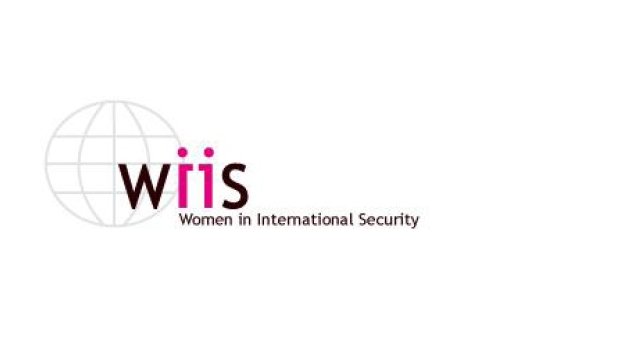Women in high places: The EU’s diplomatic (gender) balancing act

[Brussels, 19 January 2011] Women in International Security (WIIS) today issued a Press Release calling for more gender balance in the new European External Action Service, an issue the EWL has consistently raised with Catherine Ashton, the High Representative of the European Union for Foreign Affairs and Security Policy.
WIIS Press Release
Baroness Ashton’s EEAS nominations this month must right the EU’s foreign service gender
balance
The European External Action Service was finally launched on December 1st, 2010. In October,
Baroness Catherine Ashton promised to uphold the principle of gender equality that is entrenched in
the EU’s founding treaty, making an unequivocal commitment that women would be properly
represented at all levels of the EU’s foreign service.
This commitment is an integral part of the Union’s message to the outside world, and the EU
member states enthusiastically support Baroness Ashton’s promoting this principle abroad, as well as
respecting it at home.
But to date, only one woman has been nominated to a senior post in the EEAS. Helga Schmid may be
congratulated on her achievement, but it is a precarious one if she is to remain alone. Dame Rosalind
Marsden, the only woman amongst the 11 EU Special Representatives, must feel similarly exposed.
Furthermore, only 2 out of 11 Directors and 13 out of 60 Heads of Unit are women.
In fact, today, only 16% of the EU’s ambassadors are women… a far cry from Article 8 of the formal
decision on the adoption of the EEAS, made just last July, which states “the High Representative shall
establish the selection procedures for EEAS staff, [...] with the objective of securing the services of
staff of the highest standard of ability, efficiency and integrity, while ensuring adequate geographical
and gender balance, and a meaningful presence of nationals from all Member States in the EEAS”.
Is it really the case that no more than 16% of candidates that fulfill the above criteria are women?
It is highly unlikely – other institutions such as the UN have made substantial progress towards
gender equality with the establishment of the UN Entity for Gender Equality and the Empowerment
of Women (referred to as UN Women), led by the former Chilean President, Michelle Bachelet.
Equally, the US government has reaffirmed its commitment to the political, economic and social
advancement of women around the world through the creation of an office for Global Women’s
issues in the State Department, led by Ambassador at Large Melanee Verveer.
Article 8 states that Baroness Ashton herself is responsible for the selection procedure, and one
would assume that this procedure is well established, given that the remaining openings in the
EEAS must be filled by the end of this month.
The time for speeches and declarations is behind us – this month, and the entire year of 2011 will be
a time for positive action. The members of Women in International Security (WIIS) Brussels call on
the EU High Representative, the President of the European Council, the President of the European
Commission, and the leaders of the EU’s member states, men and women, to stop ignoring the facts.
There is still time to correct the trajectory, but it is running out fast.
Useful reminder:
Women today make up just over 51% of the European Union’s population, almost 59% of its workforce, and a large part of its political and business leadership. They represent on
average 51% of EU member states’ foreign services.
The External Relations and Development Directorate Generals of the European Commission lag
considerably behind that gender balance, with only 37% of them being women.
Contact: Women in International Security (WIIS),
Email: wiisbrussels@gmail.com,
Website: www.wiis-brussels.org




